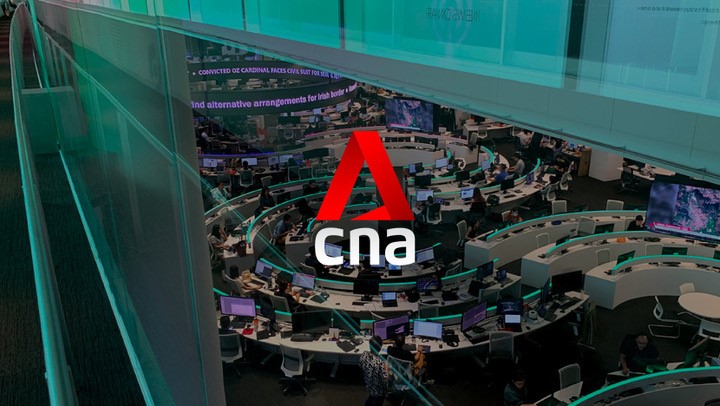By Tom Mitchell in Beijing

Until late last month Xi Jinping was looking forward to easy “soft power” victories at this week’s meetings with Angela Merkel in Berlin and the G20 summit in Hamburg — the latest opportunities for China to shine on a global stage.
But news that the country’s most famous political prisoner is gravely ill has thrown a spanner in the works, exposing the deep gulf that remains between Beijing and Berlin, while lingering trade and economic disputes continue to complicate Sino-EU relations.
“For Beijing the goal is to present itself as a generous, co-operative and friendly power,” says Sebastian Heilmann, president of the Mercator Institute for China Studies in Berlin.
“However, the two countries continue to have completely different understandings of basic political order, rule of law and civil society.”
That divide has been evident since Chinese authorities confirmed last month that Liu Xiaobo, the Nobel Peace Prize laureate serving an 11-year term for subversion, was in hospital with late-stage liver cancer.
In its attempt to contain the international outcry that followed, the Chinese government has veered between stern rhetoric — warning that Mr Liu was a “criminal” unworthy of international sympathy — and attempts to show he was being treated with compassion.
Days after summoning western diplomats to private meetings to advise them that Mr Liu was too ill to travel abroad for medical treatment, Chinese officials on Wednesday invited German and US doctors to visit him in the northeastern city of Shenyang.
The same day, Xi was focused on panda and football diplomacy in Berlin.
He and the German chancellor visited Berlin Zoo, which recently received two new giant pandas from China, and watched a football match together.
People briefed on the leaders’ meetings say Ms Merkel raised Mr Liu’s condition and offered to have him treated in Germany.
On Wednesday, a German foreign ministry official said only that Berlin supported a “humanitarian solution” for Mr Liu.
Mr Liu’s illness is a reminder that while Beijing and Berlin will present a united front at the G20 summit when it comes to arguments with US president Donald Trump over “global commons” issues such as trade and climate change, Asia and Europe’s two largest economies have stark differences.
Ms Merkel is critical of the market access barriers German companies face in China and has also expressed concerns about Chinese corporate acquisitions in Europe.
These issues came to the fore early last month when Li Keqiang visited Berlin and Brussels.
Li arrived just after Mr Trump had raised doubts about his administration’s commitment to the Nato alliance, clashed with Ms Merkel and other G7 leaders in Sicily on issues from Nato to trade, and formally announced the US would withdraw from the Paris accord on climate change.
But China’s premier achieved the geopolitical equivalent of missing an open goal.
According to three people briefed on Li’s discussions in Brussels, the two sides initially agreed to put aside a disagreement over whether China should be granted “market economy status” by the World Trade Organisation, paving the way for a joint statement in defence of the Paris accord.
If granted, market economy status would make it more difficult to penalise Chinese exporters for dumping.
EU negotiators were instead shocked when, after a break in the talks, their Chinese counterparts raised the MES issue again, scuppering plans for the joint statement on climate.
Chinese analysts suggest Beijing has learnt its lesson from Li’s rocky European tour.
“After Trump’s election and Brexit, China and Germany need each other to protect globalisation,” says Ding Chun, a European expert at Fudan University in Shanghai.
“Market economy status should not be a big issue this time.”
Aucun commentaire:
Enregistrer un commentaire